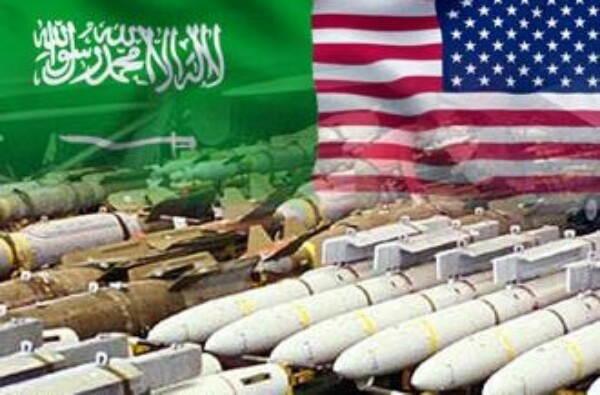US ignores international organizations’ appeals about the war on Yemen
YemenExtra
Y.A
By: Yousra Abdulmalik
Three years of war in Yemen have led to the world’s largest humanitarian crisis and one of its most severe food crises. It has also resulted in the world’s largest cholera epidemic, a major diphtheria outbreak, and the virtual collapse of the nation’s health system, according to the World Health Organization.
WHO estimates that only half of Yemen’s health facilities remain fully functional. Health workers have not been paid regularly since September 2016 and many facilities are severely understaffed as a result.
In addition to the ongoing violence, political constraints are limiting the payment of health workers, obstructing humanitarian projects, and delaying the delivery of urgently-needed supplies.
The logistical capacities of WHO and partners are being challenged as supplies cannot reach Yemen fast enough.
“Hodeida should be supporting more than 20 million Yemenis. It should be the source of at least 70 percent of all imports to Yemen,” Suze van Meegen, a protection and advocacy adviser with the Norwegian Refugee Council, told AFP.
As if it weren’t bad enough that Hodeidah and its environs are among the most severely harmed by the blockade and the threat of famine, the civilians living there are also at risk of being bombed for no reason. There is no excuse for bombing this house and killing these civilians. This attack is a gross violation of international law and a war crime, and the governments responsible for it should be held accountable. This is what the coalition does with the refueling and weapons that the U.S. provides them. Refueling coalition planes just makes it easier for them to carry out more outrageous attacks like this one.
People are dying due to political dithering and red tape. If we cannot stop the fighting, we must at least find ways to address the political obstacles to the delivery of life-saving services. The Yemeni people need not only the financial support of our donor countries, they need your political support and advocacy to address these challenges, added WHO.
Moreover, neither a traditional humanitarian nor a classic developmental response on their own will be enough to stem the suffering. We have to employ a new way of working – a common strategy that involves all actors in addressing acute emergency needs and, at the same time, strengthening the resilience of Yemeni institutions and society.
One of the recurring themes of a conference is that there is no humanitarian answer to the crisis in Yemen and that, ultimately, only peace will stop the suffering, it confirmed.
US President Donald Trump , recently, approved weapons sales to Saudi Arabia totaling more than $1 billion, despite growing pressure from rights groups to halt arms deals between the West and Riyadh.
Amnesty International has slammed the United States, Britain and France for their continued arms sales to Saudi Arabia and the United Arab Emirates.
Saudi Arabia , backed by US, has been incessantly pounding Yemen since March 2015, resulting in killing and wounding over 600,000 in an attempt to crush the popular Houthi Ansarullah movement, which was formed to get rid of the idirect foregin control , according to its officials , and reinstate the fugitive former president, Abd Rabbuh Mansur Hadi, who is a staunch ally of the Riyadh regime. The Arab kingdom has also imposed a blockade on its impoverished neighbor, causing a dire humanitarian situation.

